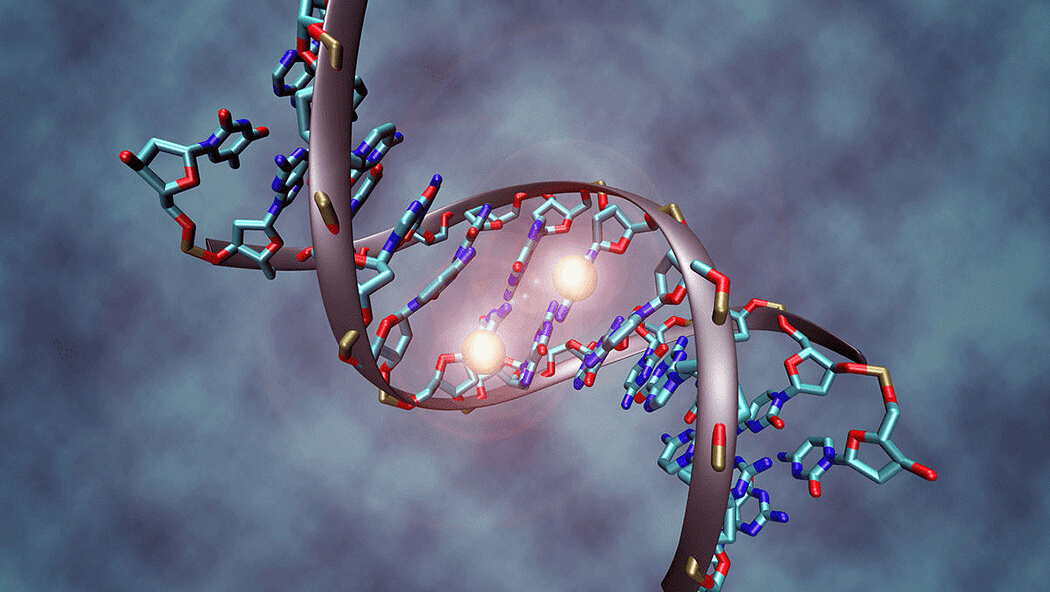Genetics and epigenetics
While evolution makes modern humans in general more susceptible to many health conditions related to lifestyle choices, including sleep disorders, genetics can help explain why individuals suffer. Firstly, If parents have a health condition of some kind including sleep disorder it is more likely that the children will have, or will acquire the same one.
However, just because a disorder runs in your family, it doesn’t mean your kids (or even you) are destined to suffer. In the past it was believed that genetics were immutable; you were stuck with the genes you were born into, genes that had developed by adaption to changing conditions over thousands and millions of years. However, the more recent field of epigenetics has uncovered some fascinating evidence. It shows that parts of our gene structure can be expressed differently and be modified according to environment and lifestyle factors: what we eat, how we move, how we deal with stress and how we sleep. Hardships imposed on us, such as disease, pollution and starvation, can also influence gene expression but are rarely under our control. Nonetheless, for many of us, lifestyle factors are very much within our conscious control.
So, your experiences and choices in your lifetime can modify the way your very DNA is expressed and these changes can be passed down through the generations. This phenomenon is known as epigenetics. One of the most interesting and controversial aspects of epigenetics is the concept of inheritance. This suggests that events in our lives can affect our children’s development and health, and our grandchildren’s.
Similarly, experiences our parents and grandparents had before we were born may also impact on our lives, another version of a ‘hand-me-down’. There’s a very famous well-documented case where we can clearly see the impact of famine and starvation during pregnancy in the subsequent grand-child generation. While we have no control on what happened before our time, we certainly have control on the positive expression of our ‘hand-me-down’ genes on our children and grandchildren.
Nutrition, sleep, stress management and physical activity are all factors that can influence the ‘changeable’ part of our gene code. The current incidence of many health disorders including sleep disorders cannot be explained by normal genetic processes and modifications over time, as the changes have taken place far too quickly. This means many (but not all) sleep disorders may be a result of an epigenetic process.
Of course, some health conditions or sleep disorders may be a result of the non-modifiable part of your gene code, your genetic inheritance. Currently, medical techniques are not able to modify your gene code or if they can it is illegal but perhaps this technology is not too far away for the worst of conditions humans have to face. Here, a degenerative brain disorder called fatal familial insomnia comes to mind., of course there are many others.
If the unchangeable part of your genetic structure predisposes you to certain medical conditions or growth patterns, then that is another matter. For that, we rely on good quality medical care.
For now, it is comforting to know that we can have a positive influence on our health right now, our longevity and the health of future generations, by choosing a lifestyle with optimum nutrition, exercise, sleep and physical activity, minimising exposure to pollutants. How well we do all those things will influence us and our kids today as well as the generations to come.
[1] Stephen J. Ceci, The Nature-Nurture Debate: The Essential Readings (Malden, Md.: Blackwell Publ., 2007).
[2] Kylie Andrews, ‘Epigenetics: How Your Life Could Change the Cells of Your Grandkids’, ABC News, April 21, 2017, http://www.abc.net.au/news/science/2017-04-21/what-does-epigenetics-mean-for-you-and-your-kids/8439548.



